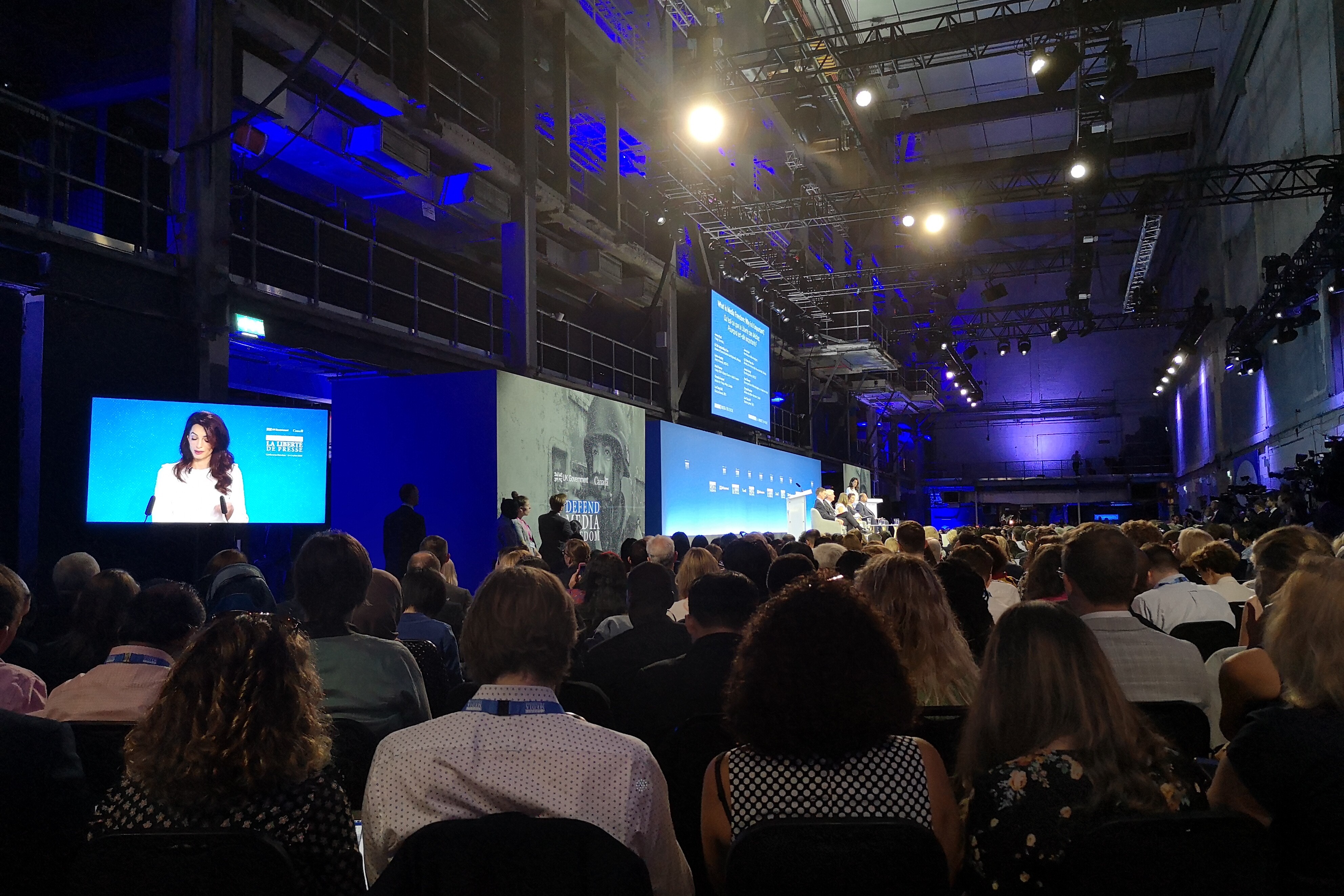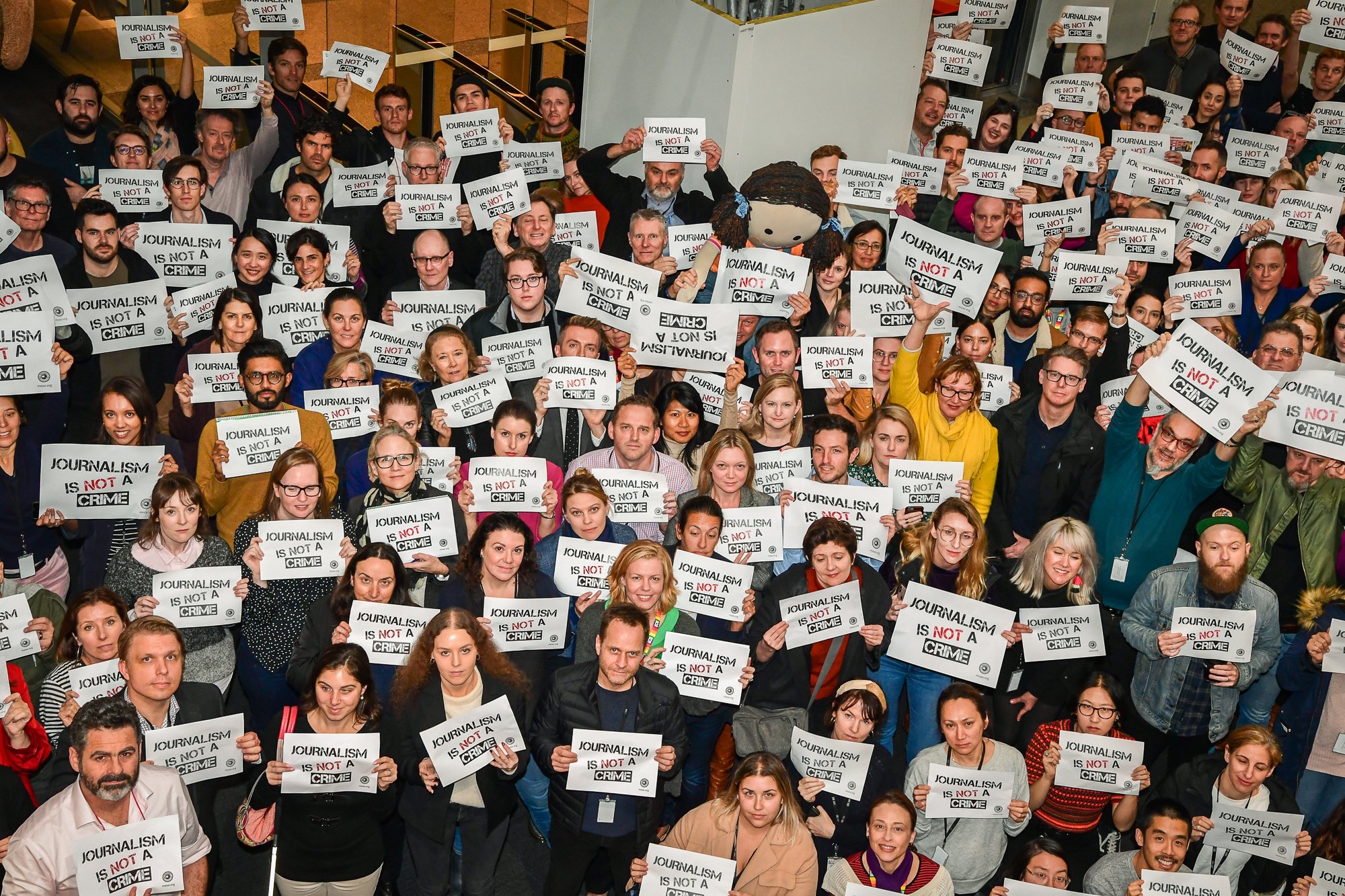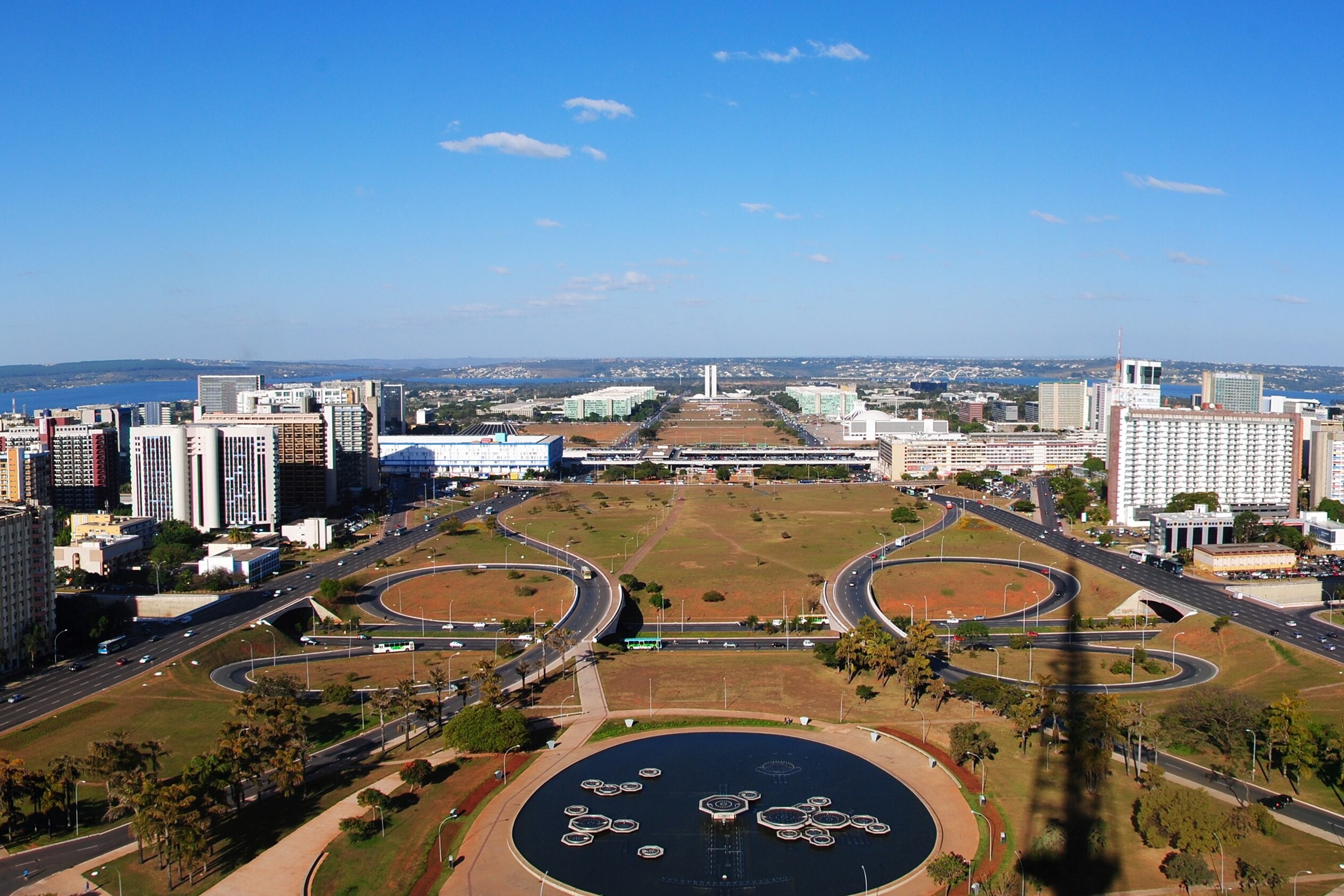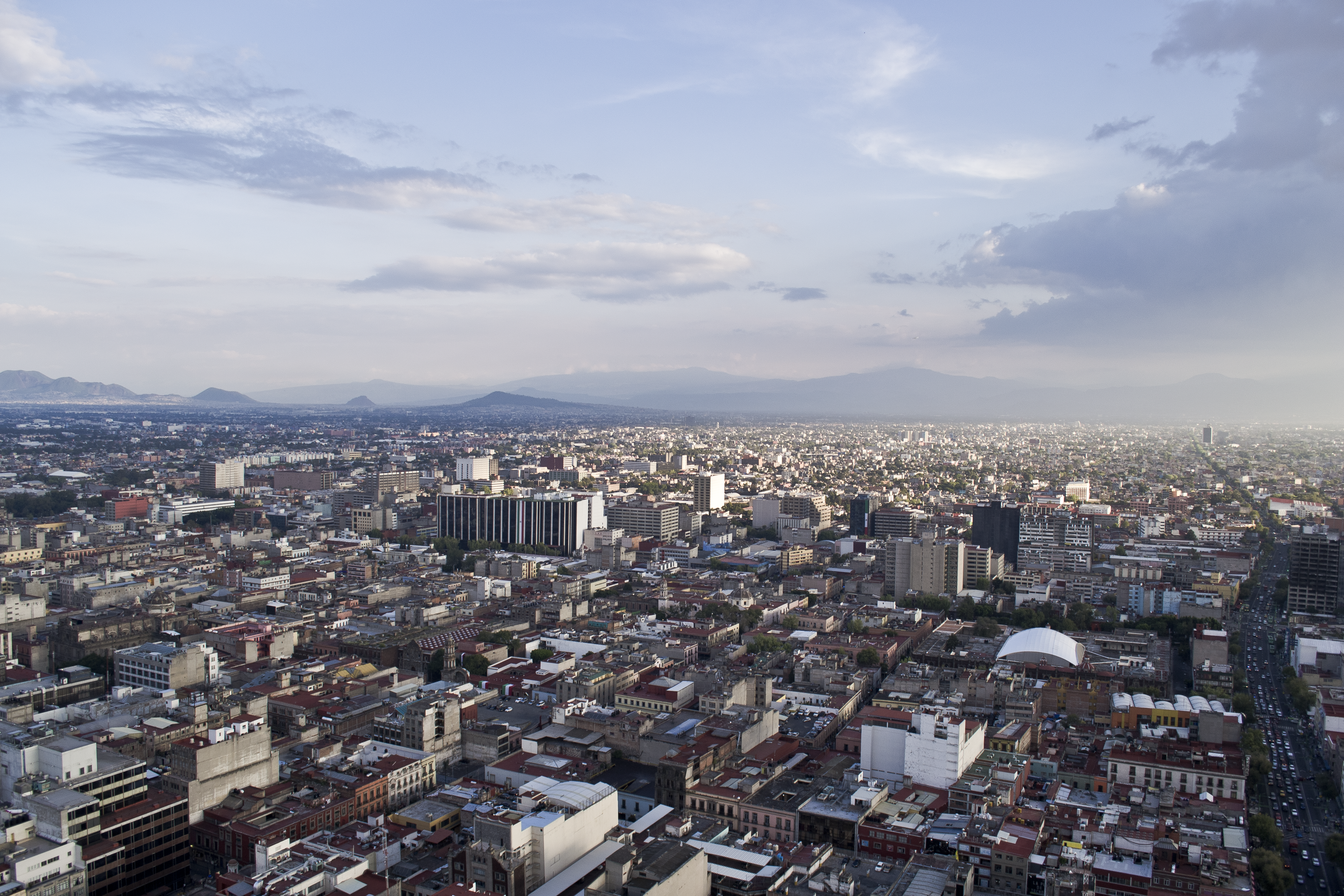By Aurora Herrera
Restrictive laws, a lack of independent public media and high levels of violence towards journalists are just some of the threats limiting media freedom across Latin America.
The first Global Conference for Media Freedom was held in London on July 10-11, co-hosted by Britain and Canada. High level speakers from politics and civil society, NGOs, journalists and activists were all part of the 1000-plus attendees engaging in more than 25 panels.
The discussion between the members of the panel of Media Freedom in the Americas: Challenges and Opportunities featured Martha Roldós, an economist and activist from the Foundation Milhojas in Ecuador, Leopoldo Maldonado, subdirector of the Article 19 office for Mexico and Central America and Carlos Chamorro, director of Esta Semana and Confidencial in Nicaragua. The panel was moderated by Lucia Newman, the Latin America Editor and Senior Correspondent, for Al Jazeera.
Even though the issues raised were by media workers from the Americas, their words echoed the concerns and requests from other conference sessions: that media freedom is being severely threatened by restrictive laws, journalists are experiencing unprecedented threats to their safety both offline and online, an unprecedented level of violence towards media workers and a shocking level of impunity towards perpetrators as well as a severe lack of resources for reporters on the ground.
According to statistics by Reporters Without Borders, more than 1000 journalists and media workers have been killed in the last decade. 99 of those were killed in 2018. 18 journalists have already been killed in 2019, while 230 journalists remain in prison worldwide.
Absence of public media
With regard to public media in the Americas, all speakers said that there is an absence of true and independent public media in their countries and noted the impacts.
“There is no public broadcasting in Nicaragua,” Chamorro said. “It makes it even more important to strengthen the independent media in Latin America. We don’t have a tradition of public media. We have a tradition of government controlling the media either to have sort of, kind of government outlets or partisan outlets but not public media.”
We have a tradition of government controlling the media
Roldós and Maldonado both spoke about the misuse of public media, where it is not used for its intended purpose as a safeguard for democracy:
“Ecuador has a huge public media,” Roldóssaid. “The problem is that it has become a propaganda instrument.”
“We have a huge challenge to make public media independent,” Maldonado said. “[In Mexico] we have a lack of pluralism; all the mainstream media are the private ones and the private ones are conditioned by the pubic advertising funds, so we don’t have real private media. The television broadcasters, the two principal ones are funded by the government, so we know that this is a big challenge. We want real public media independence, to have diversity and plurality in the voices because it’s a fact that the private media outlets, they discriminate with women, with indigenous people, with [children] so we need public media to include these voices which are historically marginalised.”
These comments on public media were also echoed across the conference and further represent the deep-rooted issues facing media freedom today.
Moving forward
In addressing these global concerns, several measures were announced by the governments of Britain and Canada. The first was the creation of a Global Media Defence Fund, which will be managed by UNESCO, with an aim to aid imprisoned journalists by providing accessible legal support and also to promote training and capacity building programmes.
The fund will include Canada committing CAN$1million and Britain pledging £3million. Canada also committed CAN$10million per year for the promotion and protection of democracy.
Approximately 12 countries signed a Global Pledge on Media Freedom. The Pledge binds them to co-design a multi-stakeholder framework which advances the press freedom in their own countries as well as across the globe.
Yet although monetary pledges and government coalitions were appreciated, conference attendees called for more decisive action by governments to develop greater protections for media workers and punish those who commit crimes against them. To this point, Lord Neuberger former president of the UK Supreme Court and Amal Clooney, international human rights lawyer and UN Special Envoy on Media Freedom announced the creation of a High Level Panel of Legal Experts to address issues of protection and impunity.
“When Jamal Khashoggi, a Washington Post columnist, was tortured to death and dismembered by Saudi Arabian officials in Istanbul, the world responded with little more than a collective shrug,” Clooney said.
Clearly, governments must be accountable for their relationships with countries that carry out attacks on journalists, especially when it is within their own country.
Experts on the Americas know all too well about government responsibility. Mexico is ranked 144 on the Press Freedom Index and is the most dangerous country in Latin America for journalists. Nicaragua dropped 24 places from 90th in 2018 to 114th in 2019 and Ecuador dropped 5 places from 92nd to 97th place on the Index.
In a region of the world where “murder is the ultimate form of censorship,” sustainable and intentional action by the international community for the safety of journalists and assurance of media freedom is desperately needed. Now, in countries like the United Kingdom where freedom of the press has been taken for granted, alarm bells are being sounded as media organisations start to experience growing pressures.
The Global Conference for Media Freedom was the first time that such a range of stakeholders were in the same place at the same time. This may be an achievement in itself, but a legacy of action is needed to ensure tangible and positive outcomes for media freedom worldwide.
Assuming that Orwell is correct in saying that “Freedom is the right to tell people what they do not want to hear,” perhaps this conference was the first small step towards the freedom journalists deserve.
Header Image: Panorama of Quito capital of Ecuador. Credit: PatricioHidalgoP/iStock



